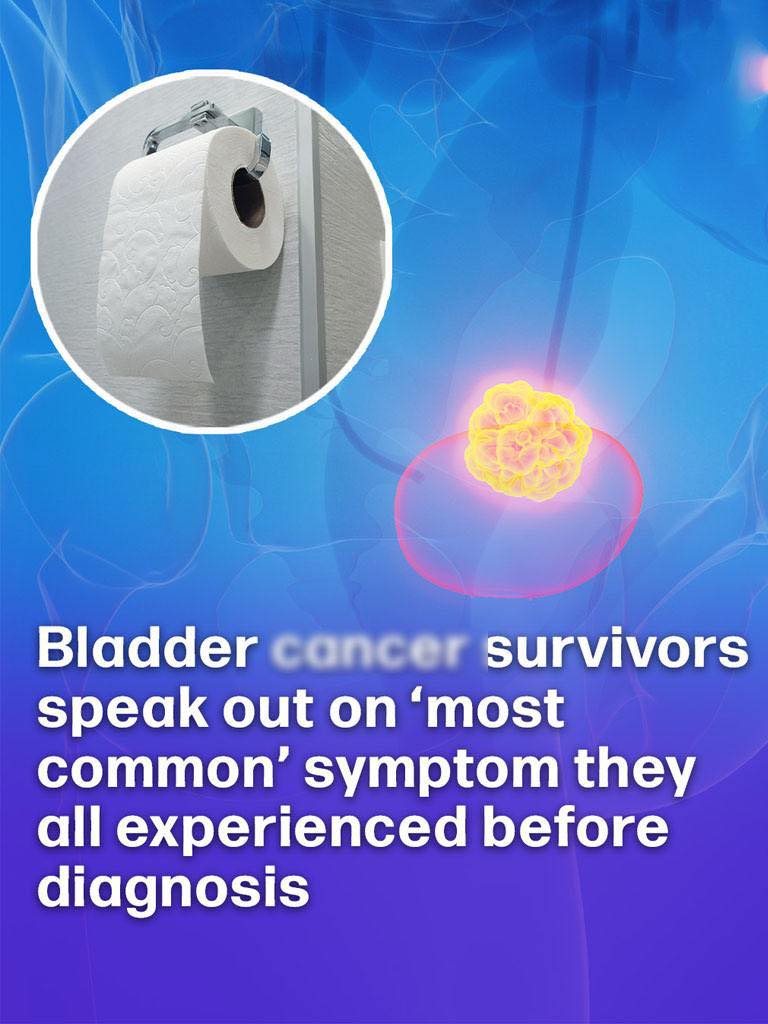“I Felt Completely Fine”
For survivor Margo Wickersham, the warning sign was just as subtle. She noticed a small amount of pink in her urine one morning, then again the next day — and then it stopped.
“It wasn’t red, it wasn’t painful. I felt completely fine,” Margo said. But being postmenopausal, she knew there weren’t many explanations for the symptom.
When her urine test ruled out infection, she decided to see a specialist. A cystoscopy — a small camera used to view the bladder — revealed a tiny tumor. The diagnosis: stage 1 bladder cancer.
“It’s a red flag,” she warns now. “Even if you feel fine, if you see blood in your urine, go to the doctor.”
Other Possible Symptoms to Watch For
While blood in the urine is the most common sign, it’s not the only one. Other symptoms may include:
- Pain, burning, or stinging when you urinate
- Frequent urinary tract infections
- Needing to urinate more often than usual
- Sudden, urgent need to urinate
- Loss of appetite or unexplained weight loss
- Pain in the lower back or pelvic area
- Unexplained fatigue or feeling generally unwell
These symptoms don’t always mean cancer, but they should never be ignored — especially if they persist.
The Takeaway for Older Adults
One of the biggest lessons from survivors is that early detection saves lives. Even a small, one-time change in your urinary habits is worth mentioning to your doctor.
Bladder cancer, when caught early, is often treatable. But the longer it goes undetected, the harder it is to treat successfully.
So, if you notice anything unusual — especially blood in your urine — don’t wait and hope it goes away. Get it checked. You know your body better than anyone else, and speaking up could make all the difference.
